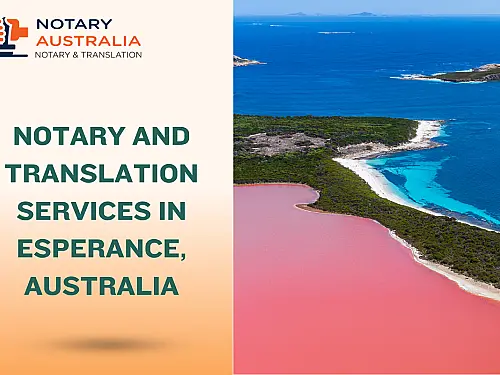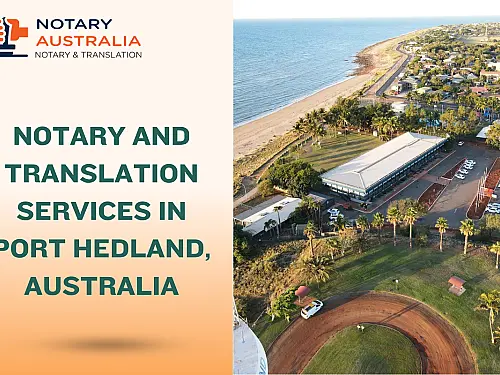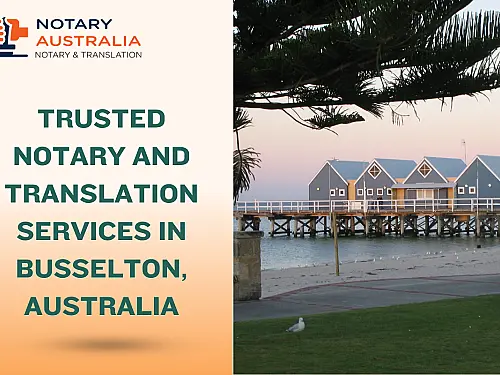



Which IDs Are Accepted for Notarization in Australia?
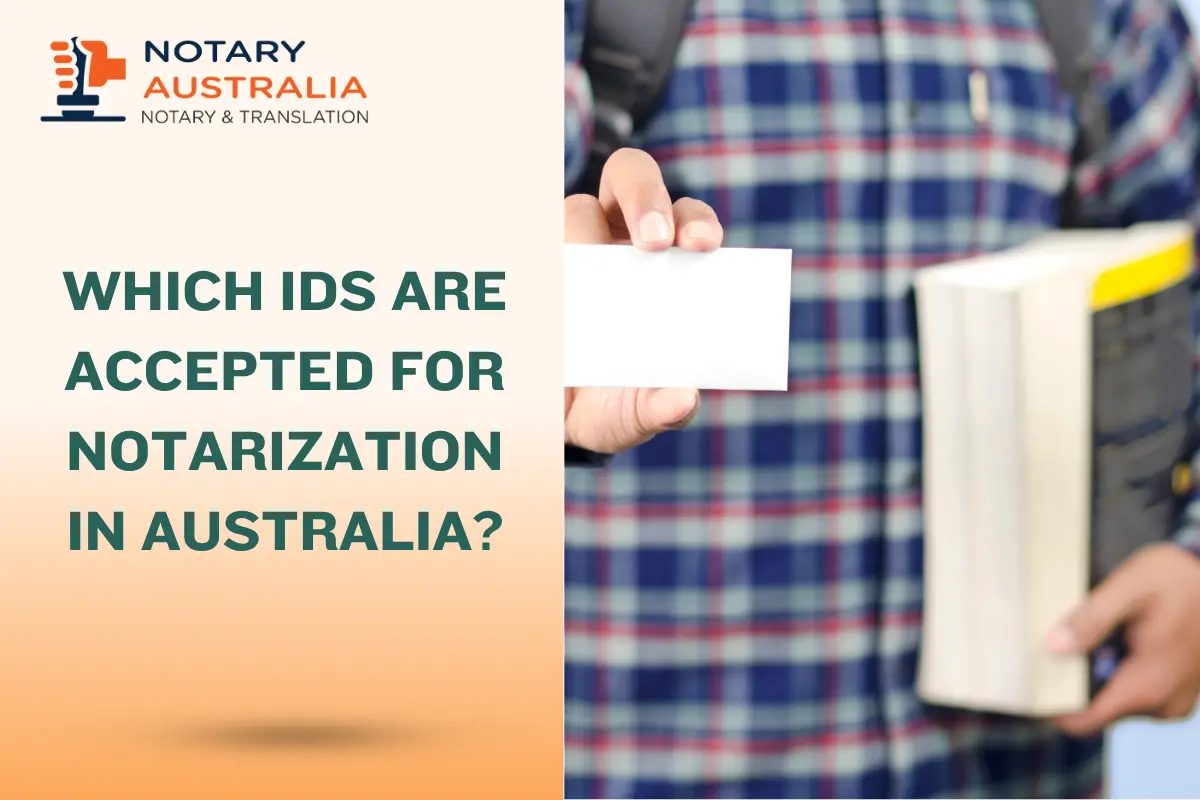
Table of Contents
Understanding Notarization in Australia
Notarization is a formal process carried out by a public official—a notary public—who verifies and certifies documents, signatures, and identities. In Australia, notarization is often required for international documents or legal matters such as affidavits, statutory declarations, or power of attorney intended for use overseas.
A key component of the notarization process is identity verification. To ensure the authenticity of the individual signing a document, notaries must review valid forms of identification. But which IDs are accepted? Let’s explore in detail.
Why Identity Verification Matters in Notarization
Identity verification is the cornerstone of trust in legal documentation. Australian notaries follow strict protocols set by the Australian Notarial Guidelines to confirm the identity of signers.
Key reasons include:
- Preventing fraud
- Complying with anti-money laundering regulations
- Ensuring the validity of international documents
- Establishing a secure chain of custody for legal matters
Primary Forms of ID Accepted by Notaries in Australia
Australian notaries generally require at least one primary form of government-issued identification. The document must be original (not photocopies) and valid (not expired).
1. Australian Passport
- Widely accepted
- Must be current or expired within the past two years
2. Australian Driver’s Licence
- Contains photo and signature
- Issued by any state or territory
3. Proof of Age Card
- Must be government-issued
- Common among younger adults without a driver’s licence
4. Australian Citizenship Certificate
- May be used in combination with another ID (e.g., Medicare card)
- Proves nationality and legal standing
Secondary IDs Often Accepted
In some cases, especially when primary ID is unavailable, the notary may ask for two forms of secondary identification.
1. Medicare Card
- Government-issued
- Name must match the legal name on the document
2. Utility Bills (with Address)
- Electricity, water, or gas bill (dated within last 3 months)
- Used to validate residency
3. Bank or Credit Card
- With name clearly visible
- Only accepted when combined with other documents
4. Student ID (from Australian institutions)
- Valid for students signing education-related documents
5. Immigration Papers or Visa Grant Notice
- Used by temporary residents or new migrants
- Must be current and match the ID details
IDs Accepted for Foreign Nationals in Australia
If you’re a foreign national in Australia requiring notarization for overseas use, you may present:
1. Foreign Passport
- Must be current
- Contains your photo and personal details
2. National Identity Card (with translation if not in English)
- Must be valid
- Accepted for countries with bilateral agreements
3. Visa Grant Notification
- Proof of legal stay in Australia
What Happens If You Don’t Have Valid ID?
Notaries cannot legally proceed without identity verification. However, options include:
- Bringing a credible witness with valid ID
- Obtaining certified copies of ID from another authority
- Rescheduling once proper ID is secured
Tips for a Smooth Notarization Experience
- Bring original documents – photocopies are not accepted.
- Ensure names match – your ID must exactly match the name on the document.
- Avoid expired IDs – validity is critical.
- Schedule ahead – some notaries only operate by appointment.
- Double-check requirements – especially if your document is intended for overseas use.
Notarization for Online or Remote Services
With digital transformation, many notaries now offer video notarization or remote identity verification. These services still require you to present your ID via a secure platform.
Accepted IDs for Online Notarization
- Australian passport (scanned + on video)
- Driver’s licence (front and back)
- Secondary documents (bank statement, utility bill)
Platforms used often include video call tools with screen sharing and secure cloud document uploads.
Common Use Cases Needing ID Verification
Legal and Personal Documents
- Affidavits
- Statutory Declarations
- Wills
- Power of Attorney
Business Transactions
- Commercial contracts
- Company registrations
- Cross-border agreements
Immigration & Visa Processing
- Translation notarization
- Foreign language documents
- Sponsorship letters
Conclusion: Be Ready with the Right ID
Bringing the right ID not only speeds up the notarization process but ensures legal compliance and document acceptance. Whether you’re visiting a notary in person or using a remote service, having valid, original, and government-issued identification is non-negotiable.
Take a few moments to double-check your documents—and feel confident that your notarized paperwork will stand up to scrutiny.
For questions about which IDs are acceptable, consult your notary ahead of time or refer to the Australian Notarial Guidelines.

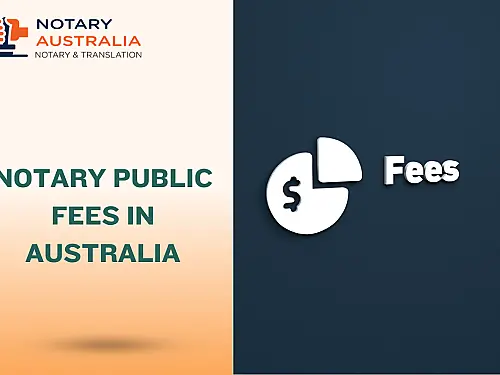

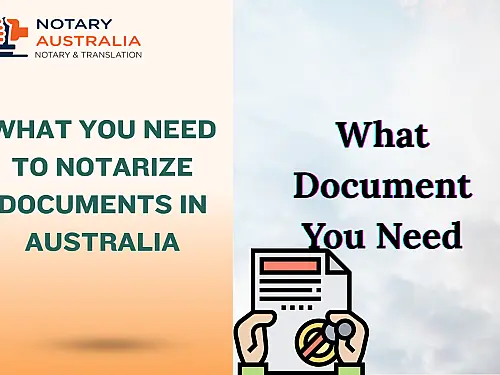
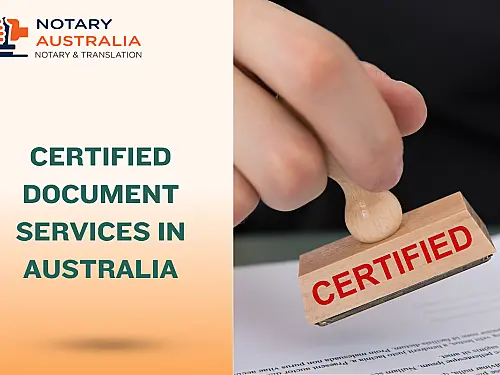
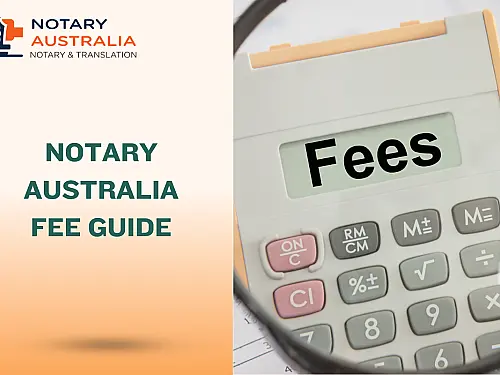
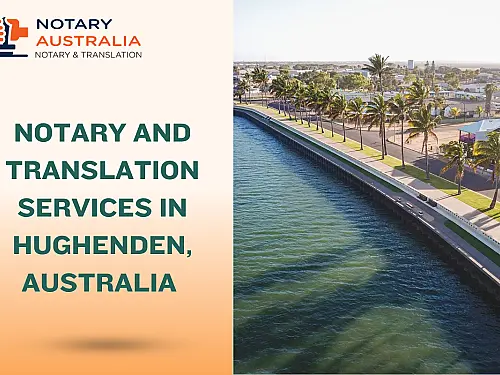
-thumb.webp)
